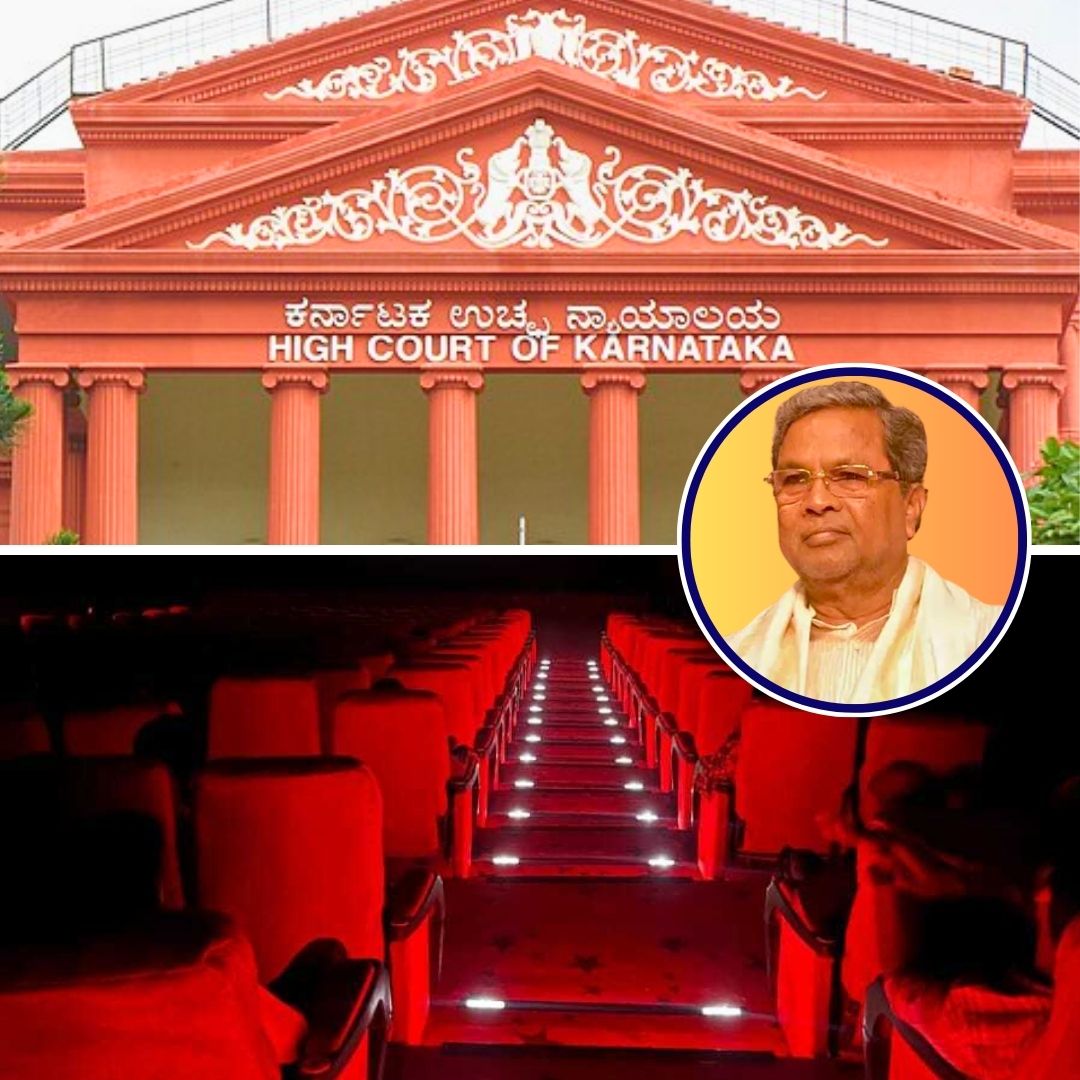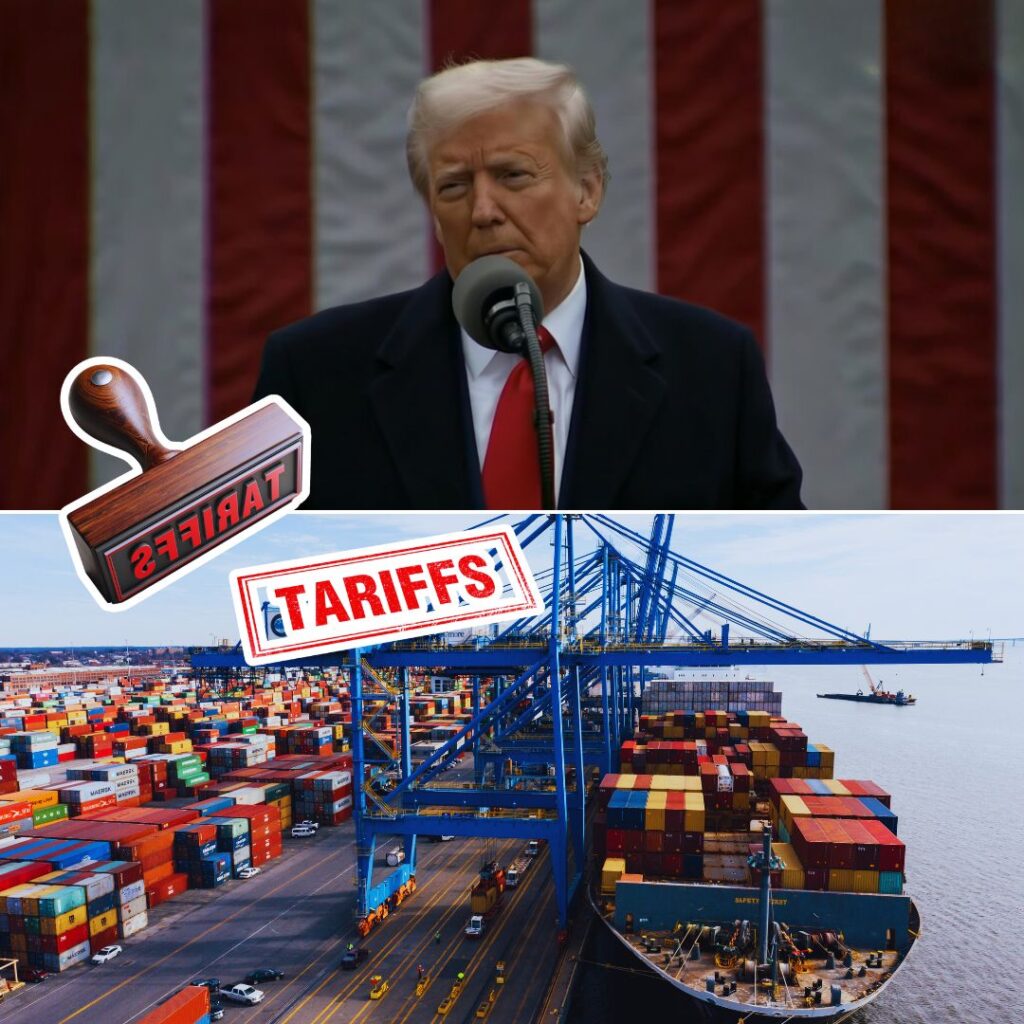The Karnataka High Court on September 23, 2025, granted an interim stay on the state government’s recent rule that capped movie ticket prices at ₹200 across all theatres and multiplexes in Karnataka, excluding boutique or premium-format theatres with fewer than 75 seats.
The stay was ordered by Justice Ravi V Hosmani following petitions filed by the Multiplex Association of India, film producers, and a shareholder of PVR INOX. The petitioners challenged the price cap as arbitrary, unlawful, and a violation of their fundamental right to conduct business under Article 19(1)(g) of the Constitution.
The state government defended the cap as a necessary public interest measure aimed at making cinema more affordable for the masses. The court’s order temporarily prevents enforcement of this pricing rule until the matter is fully adjudicated.
Legal Challenge Over Price Cap
The legal challenge focused on the amendment to the Karnataka Cinemas (Regulation) Rules, 2014, by the government to introduce a uniform maximum ticket price of ₹200 inclusive of entertainment tax. The petitioners argued that the amendment overstepped legislative powers since the parent Act does not empower the government to fix ticket prices.
Senior advocates representing the multiplex owners and film producers contended that the cap ignored important differences between cinema formats, locations, and operational costs. They described the move as manifestly arbitrary and raised concerns that it would undermine business viability, negatively affecting the cinema exhibition industry and film producers who rely on fair ticket pricing to recover investments.
Moreover, opponents pointed out the anomaly of capping ticket prices while other entertainment platforms like OTT services and satellite TV remain unregulated.
Context and Implications of the Price Cap
The price cap was announced in March 2025 by Karnataka Chief Minister Siddaramaiah to make cinema viewing more affordable, especially for economically disadvantaged audiences. It applied uniformly across all films and theatres in the state except boutique cinemas with 75 seats or fewer.
The government emphasised its constitutional authority, citing theatre regulation as a state subject under the Constitution’s Seventh Schedule. Officials insisted that the cap reflected public interest objectives consistent with social welfare principles under Article 38.
However, multiplex owners and industry experts highlighted the significant financial pressures in maintaining theatre infrastructure, including costs related to technology upgrades, staff, and revenue-sharing with producers. The cap, they argued, ignored these complexities and posed risks to the sustainability of multiplex business models and local film industries reliant on box office income.
The Logical Indian’s Perspective
While it is vital to champion affordable access to culture and the arts for all segments of society, policies targeting ticket prices require careful balancing of consumer interests with the commercial realities faced by cinemas and filmmakers.
The High Court’s intervention signals the necessity for well-considered, evidence-based policymaking rather than blanket price fixation. Effective solutions should emerge from dialogues among government, industry stakeholders, and consumer groups, aiming to foster a climate where creative expression thrives alongside equitable access.











